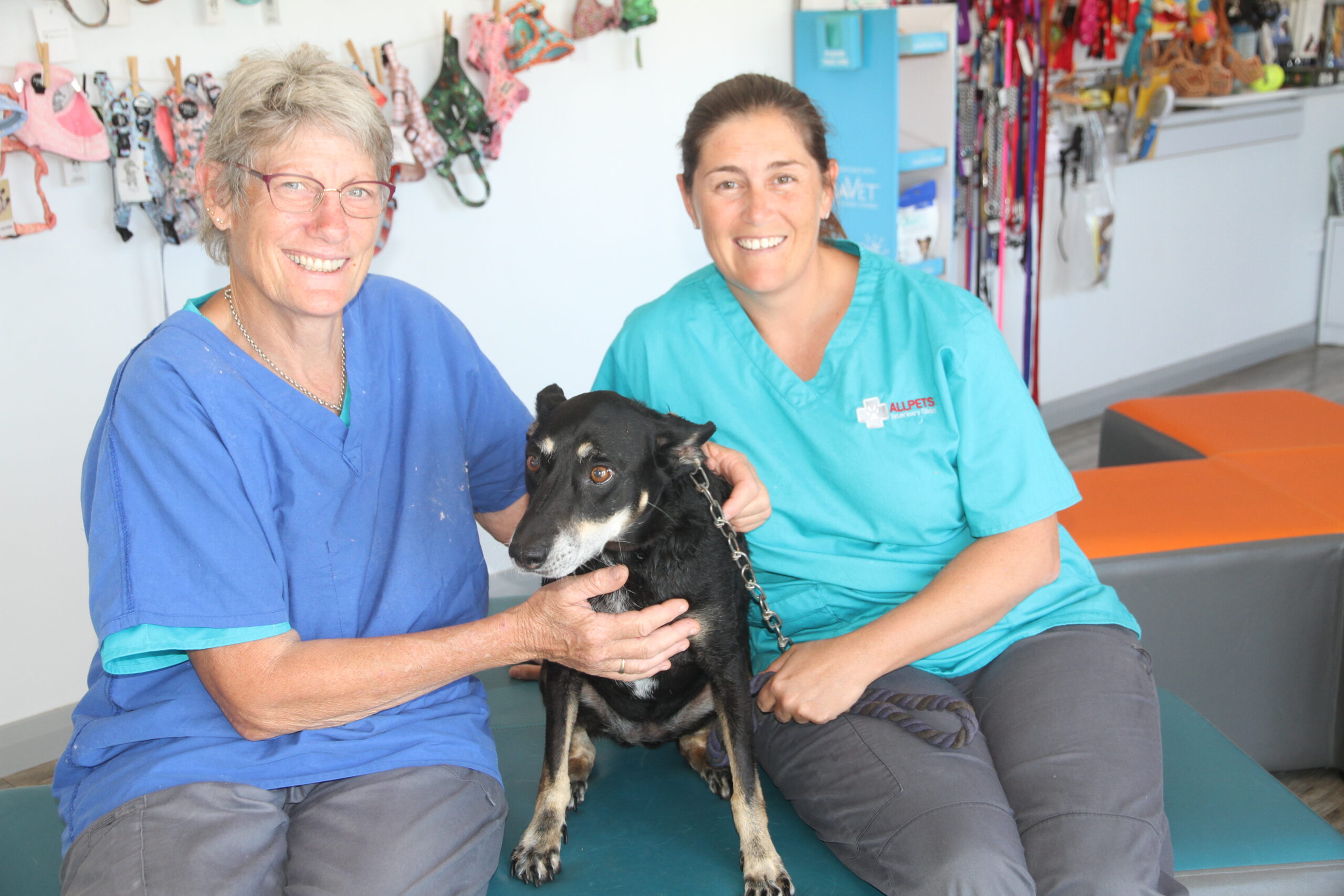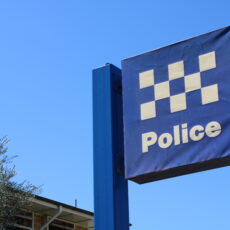An increase in snake numbers and hotter conditions bringing the reptiles out has prompted a rise in snake bites in animals.
Narrabri’s Allpets Veterinary Clinic has seen more pets brought into the practice requiring snake bite treatment compared to this time last year.
“We are seeing more dogs than cats being brought in,” veterinarian and clinic owner Stacey Dunn said.
“Quite often they’re bitten on the face and you can’t bandage it.”
She said the most important factor in treating snake bites is time.
“Try to keep them as still as you can,” she said.
“The best thing you can do is quickly get them in the care of a vet. It’s very time dependent.
“At the start of the season, the bites are quite toxic.”
If a snake bite has occurred to a part of the body other than the face, such as a paw, Stacey said this can be bandaged.
Stacey has also warned that after being bitten a pet might collapse but then could look to be getting better.
“If you think they’ve been bitten, the best thing to do is to take them to a vet.”
Signs a pet has been bitten by a snake include swelling, bleeding and vomiting. The pet also might appear to be wobbly.
Once at a vet clinic, the animal will be treated with anti-venom.
“We can save an animal from a snake bite, however, prompt treatment is required.”
Allpets has also advised pet owners to keep in mind that there is a shortage in tick anti-serum.
Stacey offered this advice to people who might travel to the coast and take their pets with them.
She has also encouraged people to take extra care of animals now that summer has arrived and the weather is getting warmer.
People should avoid walking animals on hot surfaces, or keeping them on vehicle trays.
If a person puts their hand on a surface for a few seconds and it’s too hot for them, then it’s definitely too hot for a pet.
For outdoor animals, ensuring they have access to adequate shade and water is also important.
To order photos from this page click here









